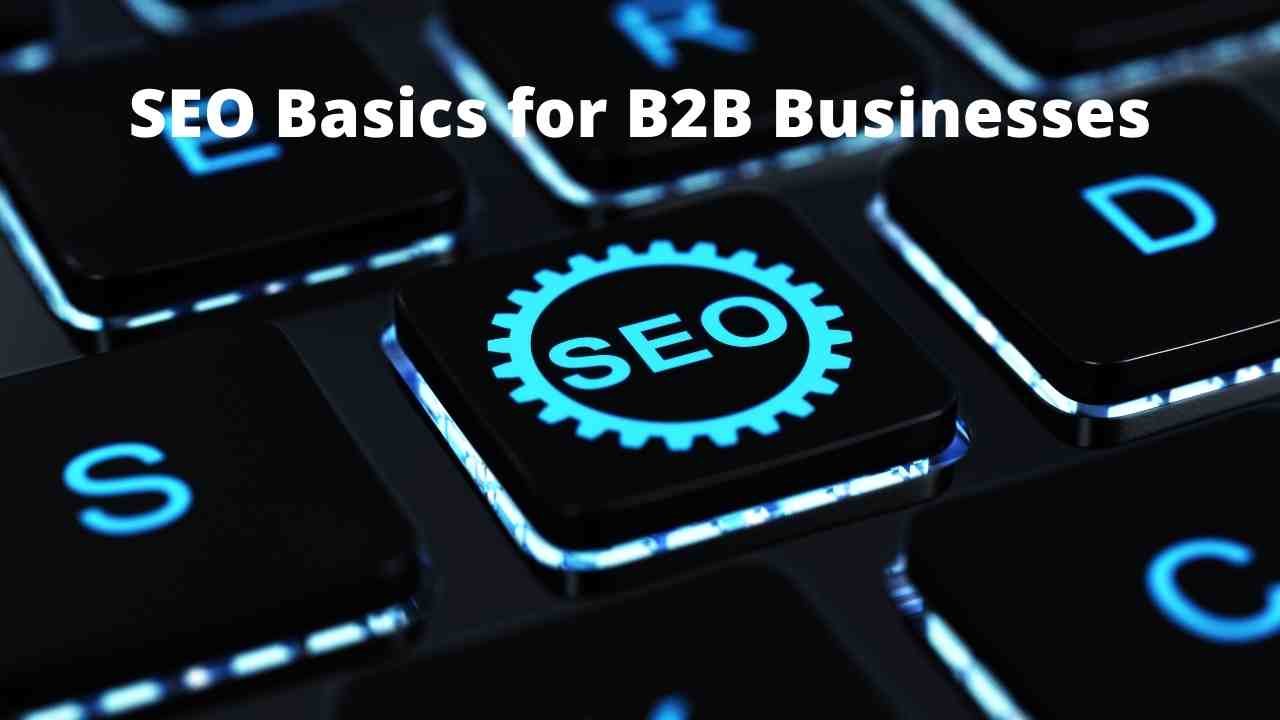
SEO Basics for B2B Businesses
Let's start with what SEO is. SEO stands for Search Engine Optimization.
The number 1 search engine in the world is Google. So when we're talking about SEO, generally we're talking about optimizing our website and our content to rank on Google. Google also happens to own the #2 search engine in the world, Youtube.
To optimize for Google it's important to understand what Google's intention and business model is.
Google's mission is to organize the world's knowledge to make it accessible to everyone. That knowledge includes the fact that your business exists and is an expert in your particular niche.
In the beginning, Google crawled all of the internet using software to find all of the different pages and the results could be spammed quite easily. If you wrote the word "Cat" 50 times in a row it indicated that the page was about cats and would rank on Google.
Google has since gotten much smarter and the basic intention is it's trying to find the best content for every single search result.
It uses many factors and some of which change quite often. However, some don't including the following:
- Authority/Backlinks
- Readability/Bounce Rate
- Relevance
Let me cover the 4 points above a bit more.
Authority/Backlinks - this shows Google whether you're an authority on a topic. This can be gained by either bringing the best content, detailed information, your own research etc. to the table and this indicates authority.
The other way to generate authority is by getting links back to your site, especially from reputable sources. Imagine if the NYT linked back to your site as a source on one of its stories. This would indicate that you are an authority in a particular area.
Readability/Bounce Rate - When someone clicks to your article and they bounce out of there quickly, this tells Google that they gave that person the wrong result. This could be a point of being irrelevant or the person not being quite sure what they want yet but the less people stay on your page to actually read the content, the worse Google is going to think of you.
The best way to improve this is to include videos, infographics, compelling information etc. This takes work but in the long run you are educating your public when you create relevant valuable information.
Relevance - Lastly, as somewhat mentioned before, your content has to be relevant to the person that is searching. My content is focused on B2B as that's the content that I'm most familiar with. If I were to market this content as a B2C blog and the content didn't match the advertising then the content would not be relevant and I would not rank as well.
SEO is a multi-billion dollar industry due to the massive amount of work and revenue that is generated in this space.
This article is meant as a basic overview for a business owner who is trying to understand the different parts of marketing so that they can properly manage their marketing department or vendors.
